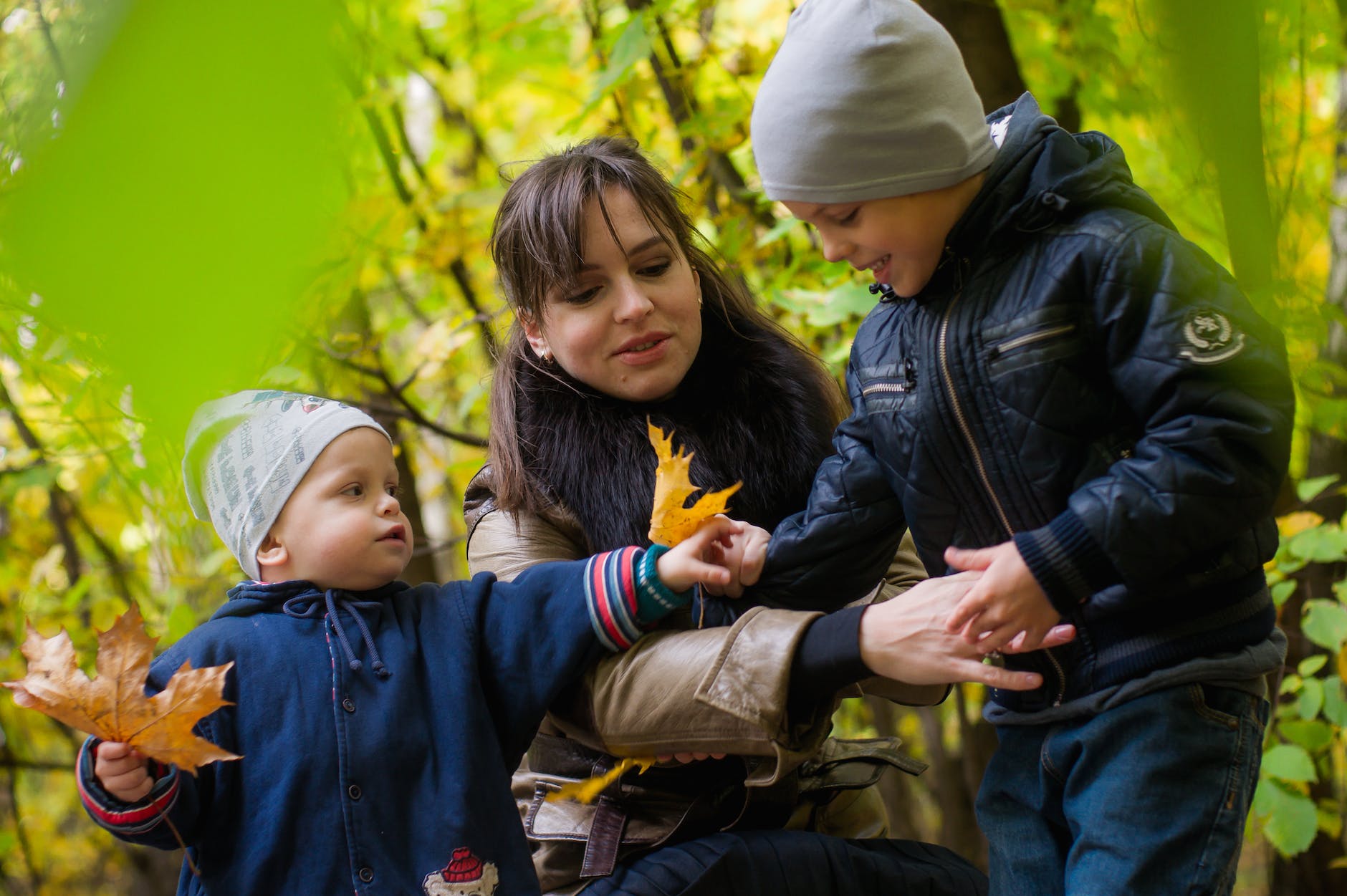Your cart is currently empty!
Task-Based Teaching and Vocabulary
What is Task-Based Teaching?
Task-Based Learning is an ESL (English as a Second Learner) approach to introducing vocabulary and situational language. “Task-based language teaching, also known as task-based instruction, focuses on the use of authentic language and on asking students to do meaningful tasks using the target language. Such tasks can include visiting a doctor, conducting an interview, or calling customer service for help.” Wikipedia
Even though this method of teaching is used to teach English, task-based teaching can also be used to help students explore aspects of any given topic!
Information Activites: An activity which increases communication to understandstand information. Remember, processing information is a learned skill!
Information-Gap Activities can include playing a video game with partners, creating a science project, participating in a mock job interview, and playing pictionary.
Reasoning-Gap Activities: Inferencing, deducing, reasoning using patterns. The goal is for the child to find the connection!
An example of a Reasoning Activity is to fully plan a road trip or vacation. Where could we go? What is our budget? Where will we stay for lodging? Do we have money for pit-stops and where would those be (using google maps)?
Opinion-Gap Activities: Focusing on personal preference, feeling, or attitude in response to a given situation can help include a child’s opinion.
This activity can include volunteering on a candidate’s campaign, participating in a letter writing campaign, or even creating a volunteer opportunity.
As children grow, it is essential for them to practice reasoning and increase vocabulary in different ways. Using task-based learning makes learning fun! When children problem-solve and play with their language, they naturally expand their use of the language. Language becomes a problem solving tool, but also a means of connection.

